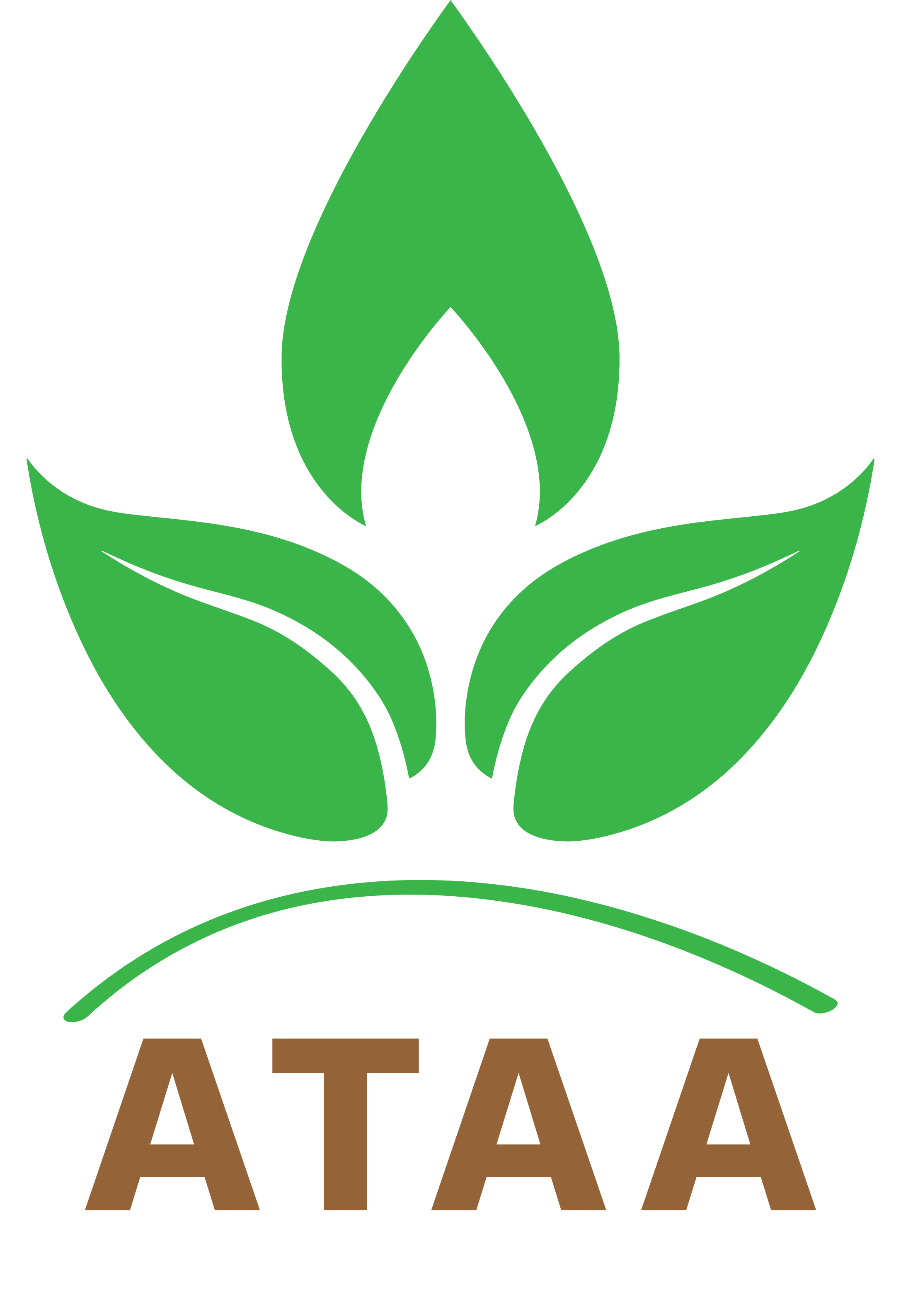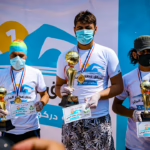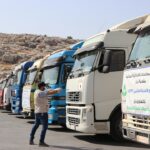ATAA Humanitarian Relief Association has been able to reach more than 300,000 displaced people and their hosts in Northern Syria since the beginning of 2020. That was by targeting them with projects related to water, sanitation and hygiene. These projects have been implemented by the association in an organized manner since the early years when the displacement crisis began.
According to the project’s manager in the association, Majd Al-Rai, the project aims to enhance people’s access to water and sanitation services in the host communities and the randomly established camps. The project contributes to enhancing the health of individuals as well as the society. This positively affects the cleanliness of the surrounding environment and reduces the spread of diseases and epidemics.
Al-Rai noted that the water and sanitation project is being implemented safely and effectively on two main tracks. The first one is by delivering clean, high-quality water to the beneficiaries, especially drinkable water from this project. The second one is by working to establish and rehabilitate sanitation networks for the safe disposal of excreta and sewage in order to avoid the transmission of diseases and the spread of insects and rodents, especially in the randomly established camps.
Al-Rai pointed out that this project supports water stations with the diesel substance that is required to run the generators in these stations. Then, the stations’ water gets sterilized with chlorine before it is pumped through the networks to reach the beneficiaries as sterile and safe water. Also, within this project, a large number of camps were provided with water tanks either for collective or individual use. In addition to distributing individual washbasins that were locally manufactured to facilitate the use of water by the displaced people beside their tents and places of residence.
The project also includes building public bathrooms and providing the camps with hygiene baskets, in addition to carrying out disposal and suction operations for pits that contain sewage water.
To ensure the continuity of the project, the association keeps on holding training courses for its workers to qualify them and increase their skills in this field. Also on the sidelines of the project, the association conducts activities and workshops to spread health awareness for displaced people in the camps in order to limit the spread of diseases and epidemics, especially the novel Coronavirus.












